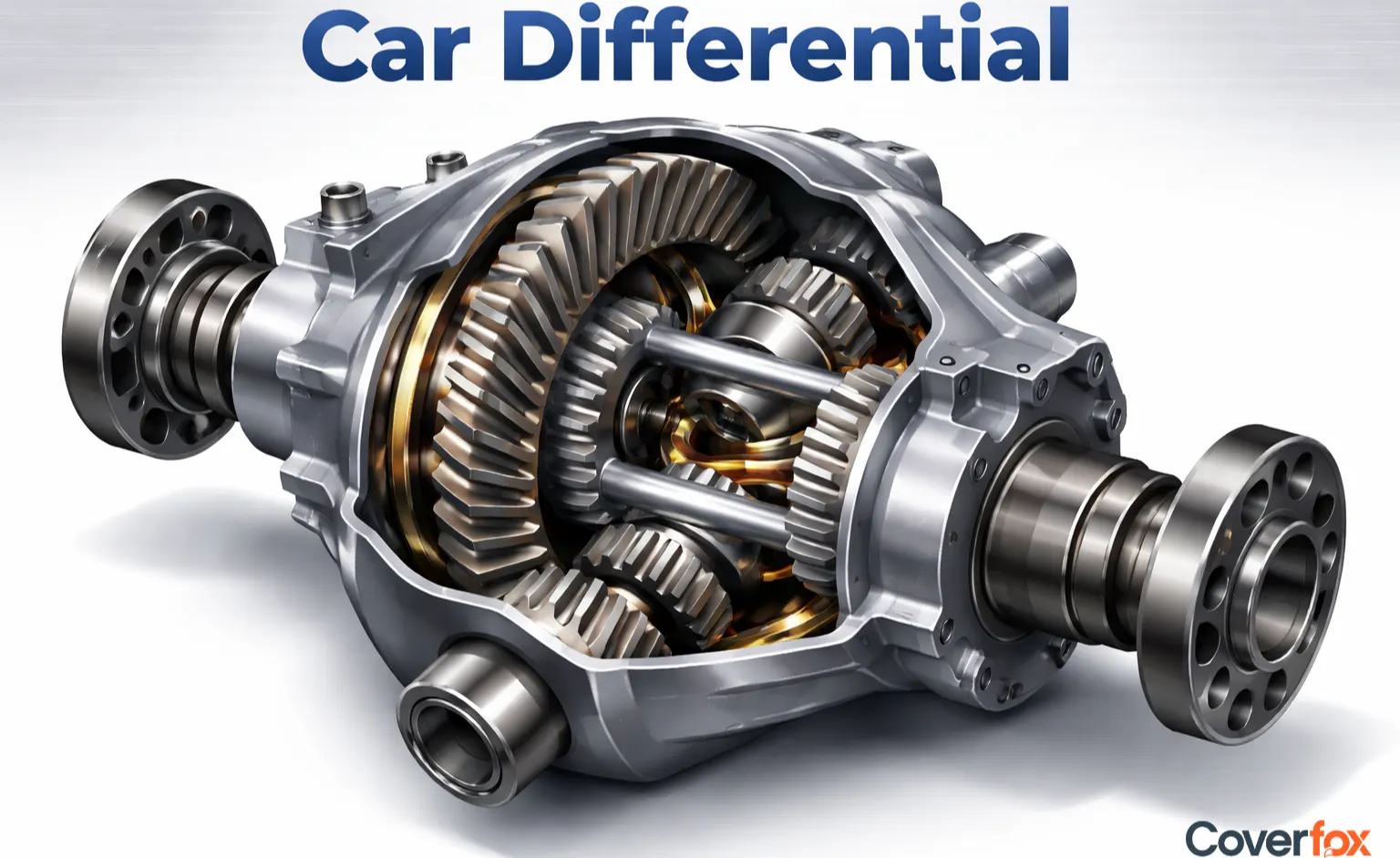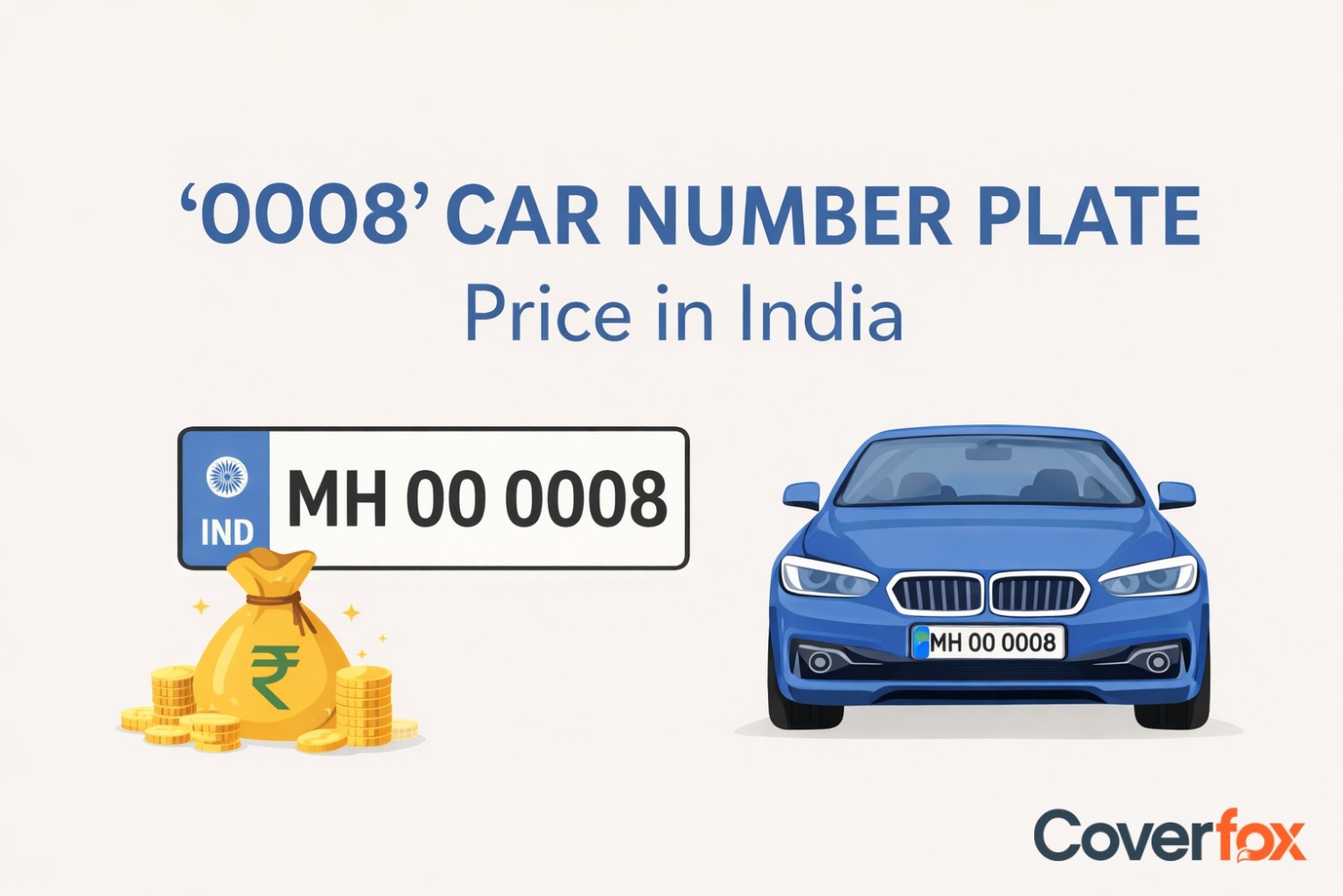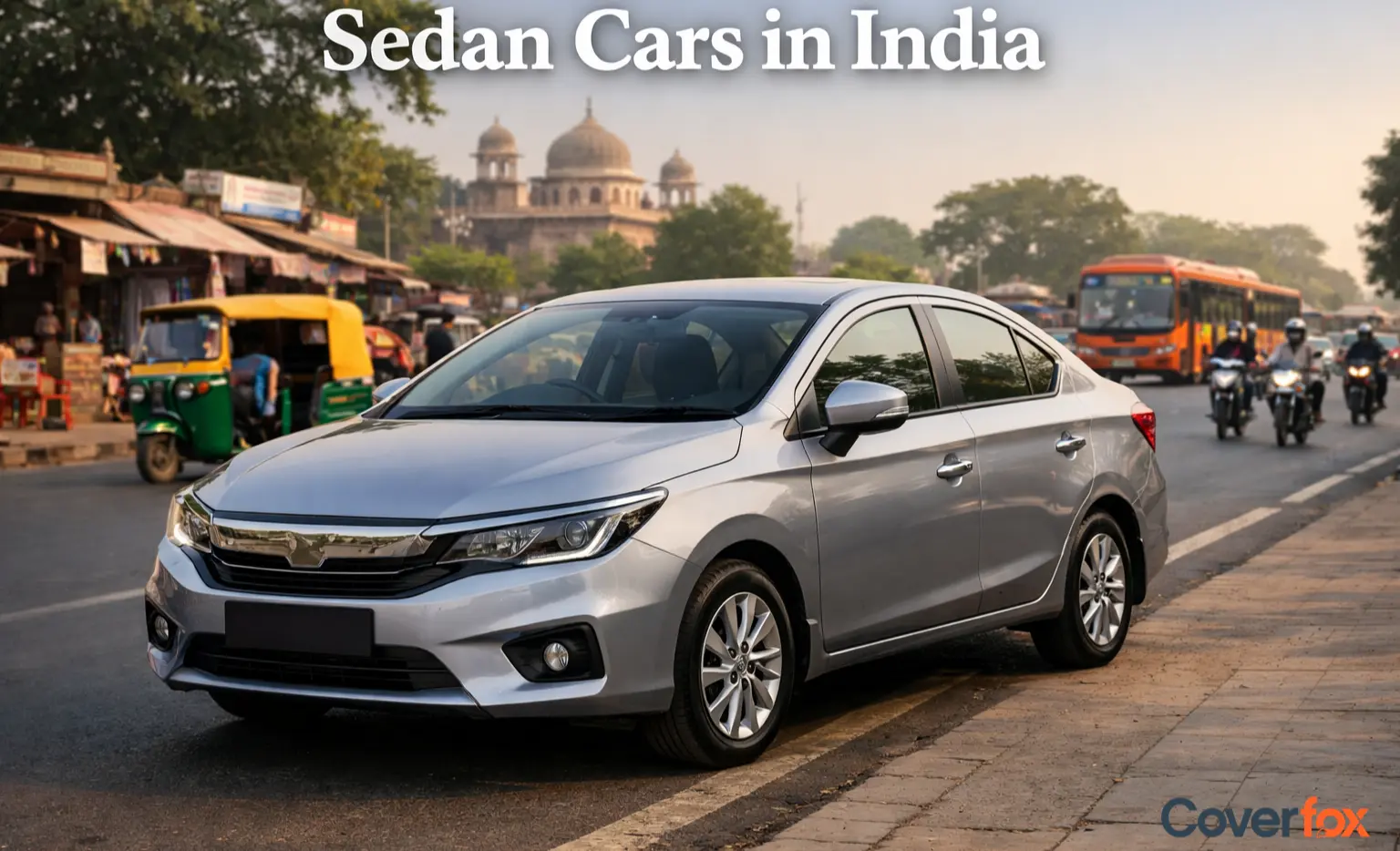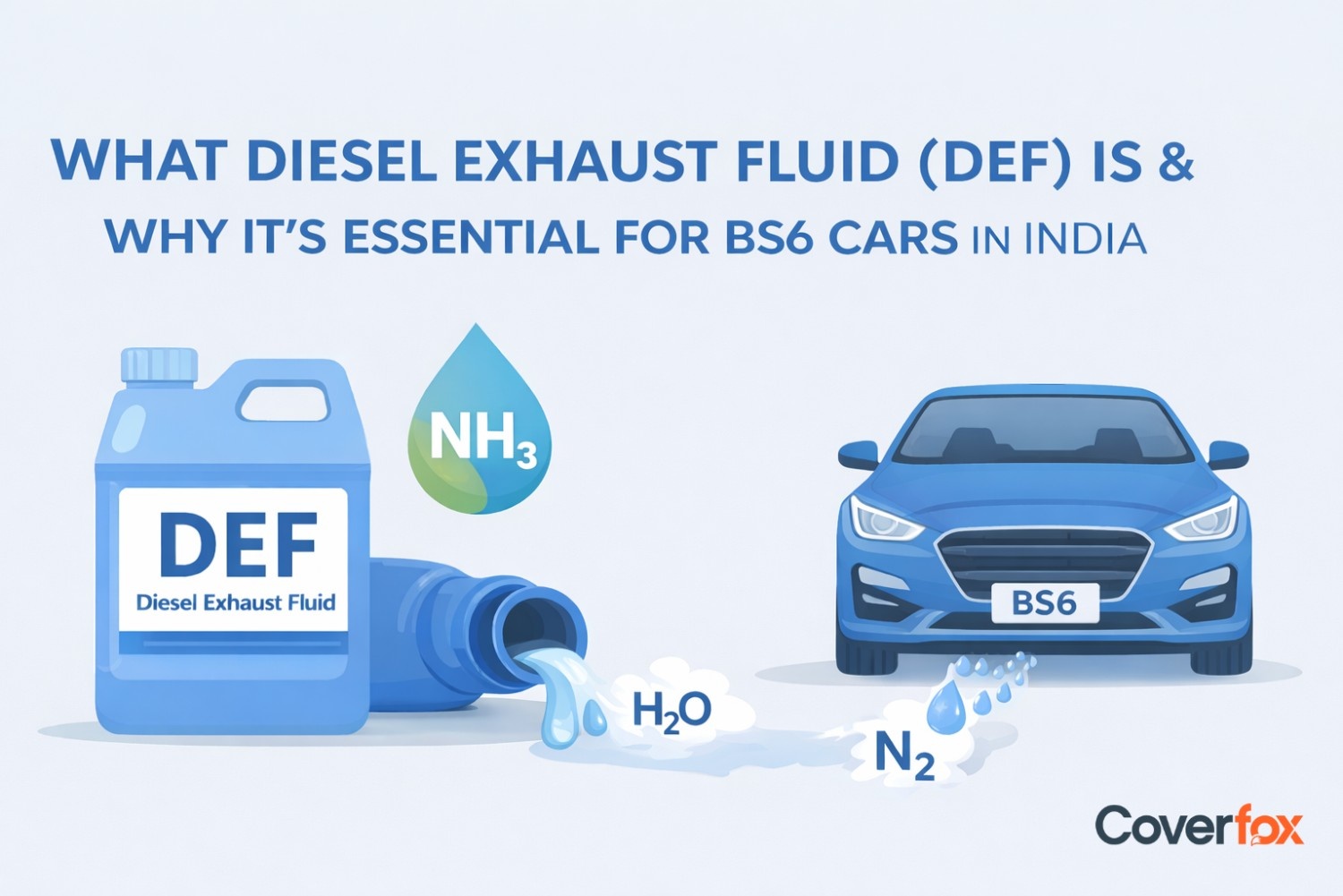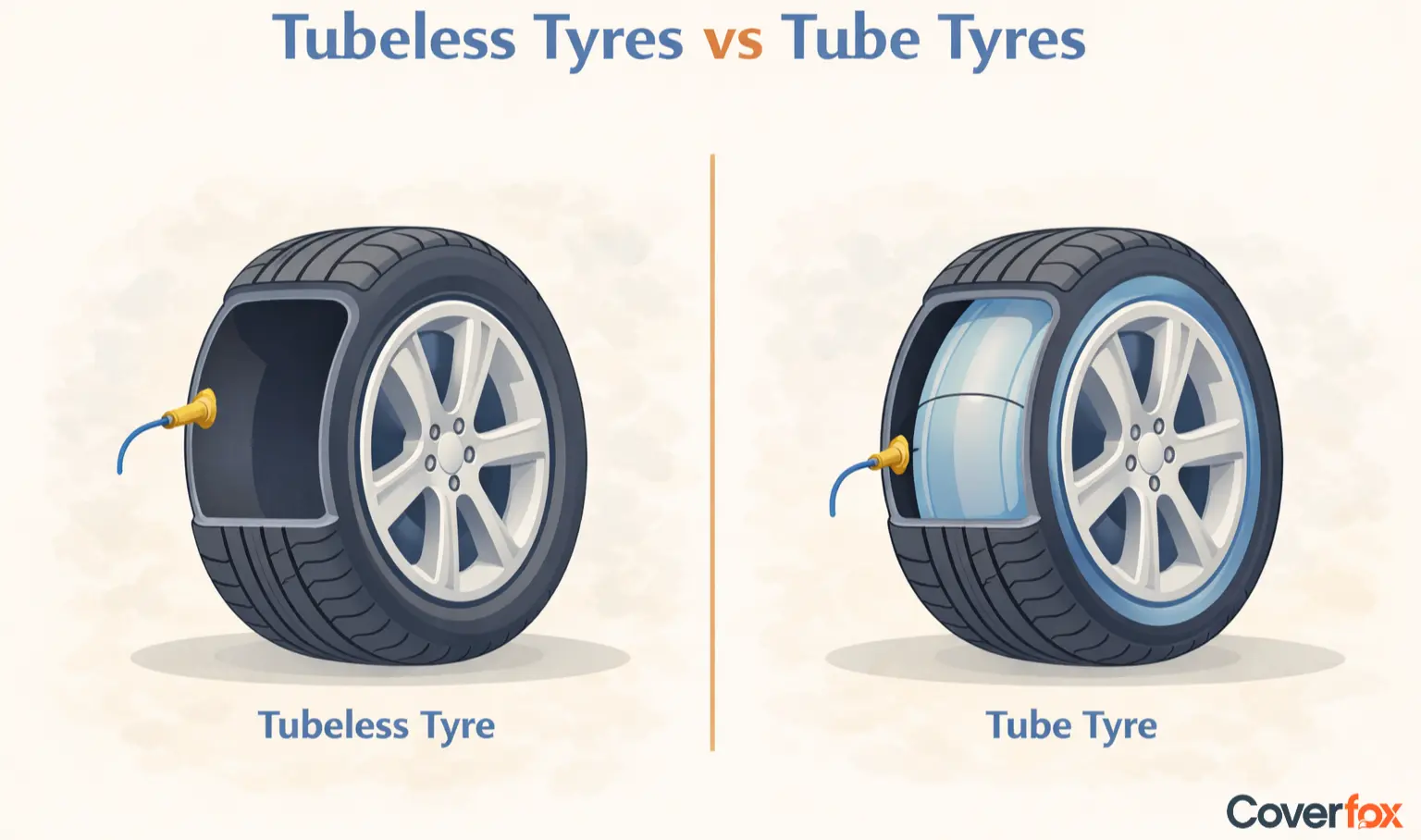Generally, you choose between EV, diesel and petrol as the powertrain for your car. But, what are the other options available other than these? The first 2 things that serve as an alternative that come to mind are CNG (Compressed Natural Gas) and LPG (Liquified Petroleum Gas).

So what exactly are these alternatives and what makes them different from each other, and different from fossil fuels? To get the answer to that question, and help you select the best non-fossil fuel option for your car, hang around!
What is LPG?
LPG or Liquid Petroleum Gas is a fuel mixture that is composed of propane and butane. When petroleum and natural gas are refined and processed, LPG is produced. One of the core advantages of LPG is that it is in pressurised liquid form, making it easy to transport. When LPG is released, it turns into vapour, making it an excellent environment friendly alternative. LPG is generally used in vehicles, cooking and heating.
What is CNG?
CNG or Compressed Natural Gas is a methane based fuel that serves as an alternative to fossil fuels. CNG emits fewer greenhouse gases, making it more environmentally friendly. As the name suggests, CNG is made from compressing natural gas, which is actually cleaner than fossil fuels like petrol and diesel. CNG is cost effective, and an excellent environment-friendly alternative to fossil fuels. CNG does take a toll on the performance, but the latest variants have minimised this drawback.
Key Differences between LPG and CNG
Here are the key differences between LPG and CNG in a car:
| Aspect | LPG (Liquefied Petroleum Gas) | CNG (Compressed Natural Gas) |
|---|---|---|
| Composition | Propane and butane mixture | Mostly methane |
| Storage State | Stored as a liquid under moderate pressure | Stored as a gas under high pressure |
| Energy Content | Higher energy content per litre | Lower energy content per litre |
| Mileage | Slightly better mileage than CNG | Slightly lower mileage than LPG |
| Fuel Tank | Smaller, lighter tank | Bulkier, heavier tank |
| Availability in India | More widely available across cities | Available mainly in metros and selected cities |
| Safety | Heavier than air; can settle and cause fire risk | Lighter than air; disperses quickly in the air |
| Cost (Fuel Price) | Slightly more expensive than CNG per kg/litre | Cheaper running cost compared to LPG |
| Performance | Better performance and acceleration | Slightly lower performance compared to LPG |
| Environmental Impact | Cleaner than petrol/diesel, but emits more than CNG | Very clean burning fuel with lower emissions |
| Conversion Cost | Typically lower installation cost | Typically higher installation cost |
Engine Performance: LPG vs CNG
While comparing the 2 fuel options LPG and CNG, engine performance plays a vital role. Here, LPG outshines CNG by a margin. This is because typically LPG has a higher power output compared to CNG which directly affects acceleration and driving smoothness. While LPG gives out excellent performance, CNG has better smoothness while driving. In this section, LPG is the clear winner.
Cost Comparison: LPG vs CNG
To understand the differences between LPG and CNG cost-wise, we need to understand the different cost factors first. These include:
1. Fuel Efficiency
When we are talking about fuel efficiency, we are talking about the price per km rate of the fuel. In this, CNG clearly is a winner. The cost per km for CNG is way less than LPG. So, CNG provides more energy content at a less rate than LPG making it more cost-effective.
2. Installation and Conversion
While both the fuels require some sort of pre-installation in the car before you can use them as powertrain for the car, CNG requires a very specific tool to get fitted in the vehicle. Fitting a CNG is costlier than LPG, and the fuel tank of CNG is also quite heavy and huge. Here, LPG takes an upper hand.
3. Maintenance
Both the fuel powertrain systems require regular maintenance over the years. This depends on the vehicle type, price of components, servicing the system, regular inspections, etc. Keep in mind these factors to not get shocked when you see the maintenance bill.
Environmental Impact: Which is Greener?
Both LPG and CNG are a sustainable alternative to fossil fuels. They both do emit CO2, but at a lower rate. However, amongst the two, CNG emits less CO2. One of the major reasons for that is it being a product of a cleaner gas, and more fuel-efficient. In today’s world, sustainability has become of great importance. LPG or CNG both are still better than the fossil fuels that are a major threat to air quality. To answer this question in short, CNG is a greener alternative than LPG.
Vehicle Compatibility: Which Fuel Works for Your Car?
While opting for the environment friendly fuel alternative sounds like a good deal, it is not compatible with all vehicles.
LPG Compatibility
Most petrol vehicles are compatible with LPG. LPG requires fitting with relatively simple and low-cost conversion kits. It's suitable for both carbureted and fuel-injected engines. LPG kits are compact and easier to install, making them a common choice for smaller cars and taxis.
CNG Compatibility
Not all vehicles are compatible with CNG. It requires a more robust conversion kit due to the high-pressure storage and delivery system. It's more commonly used in larger vehicles and fleet operations where cost-saving on fuel is critical. CNG tanks are bulkier and heavier.
User Experience: Driving with LPG vs CNG
While choosing which fuel is suitable for you, you should also consider which fuel gives you the least amount of hassle. Refuel stations for CNG and LPG aren’t as available as fossil fuels. Amongst the two, CNG fuel stations are more easily accessible across different regions (Depends on your location). On a brighter side, these fuel stations are increasing in number day-by-day.
Another important factor is the driving experience on these fuels. CNG may seem smoother than LPG in some cases, but it all depends on the vehicle you are driving, its features and feats that comply with the fuel type. The best way to understand is to look over other users' experience and ask them reviews on it. Understanding other’s experiences will help you choose the best option for yourself.
Which is the Better Option for Your Car?
So there is no exact winner between the two options. Now, the question arises, if both of the fuels have their own ups and downs, which one should you choose? The answer to that is you need to choose what's best optimal for you. Factor in these points that will help you decide which fuel type to choose from.
1. Availability
Check if your vehicle is compatible with LPG or CNG before going for a fixture.
2. Refueling Stations
Check the availability of refuelling stations of CNG and LPG in your area before selecting for either one.
3. Cost Effective Vs Performance
As per your needs, if you are looking for a more cost effective option you can opt for CNG, but if performance is something that you want, LPG is better.
4. Sustainability
If you are choosing CNG or LPG only because they are a sustainable choice, then the option for CNG makes sense as it's more sustainable than LPG.
5. Range
Depending on the type, LPG typically provides a longer range on a full tank as its in a liquid form than a CNG.
6. Safety
LPG is highly flammable and is stored in a liquid form, when compared to CNG which is stored in a pressurised gas tank. CNG is safer than carrying LPG, but that doesn't mean LPG is unsafe, just that it has more susceptibility to fire.
Summing Up
While fossil fuels are running out in the world, switching to sustainable options is becoming a necessity. Choosing from CNG and LPG is a difficult decision, but select what suits best for you. Also, do not forget to get car insurance for your CNG fitted or LPG fitted car. Yes, you still need car insurance to drive on public roads of India regardless of the fuel type you use. Get insured today and choose a sustainable option for a brighter future!
Read More:
Third-Party vs. Comprehensive Car Insurance
How to Transfer Your Car Insurance Policy
Frequently Asked Questions
Which is better, a CNG or LPG car?
While CNG is more cost effective, LPG provides better car performance, it all depends on your needs and requirements.
What are the main differences between LPG and CNG?
LPG is stored in a liquid form whereas CNG is stored in a gas form. LPG is a mixture of butane and propane whereas CNG is made from methane. CNG is more cost effective, LPG provides better performance.
Which fuel, LPG or CNG, is more eco-friendly?
When comparing the two, CNG is more eco-friendly.
Is it expensive to convert a vehicle to run on LPG or CNG?
In the long run, it is actually cheaper to convert a vehicle to run on LPG or CNG considering the running costs of these fuels are significantly lower than fossil fuels. However, they do require fitting which can get a bit expensive for the time being.
